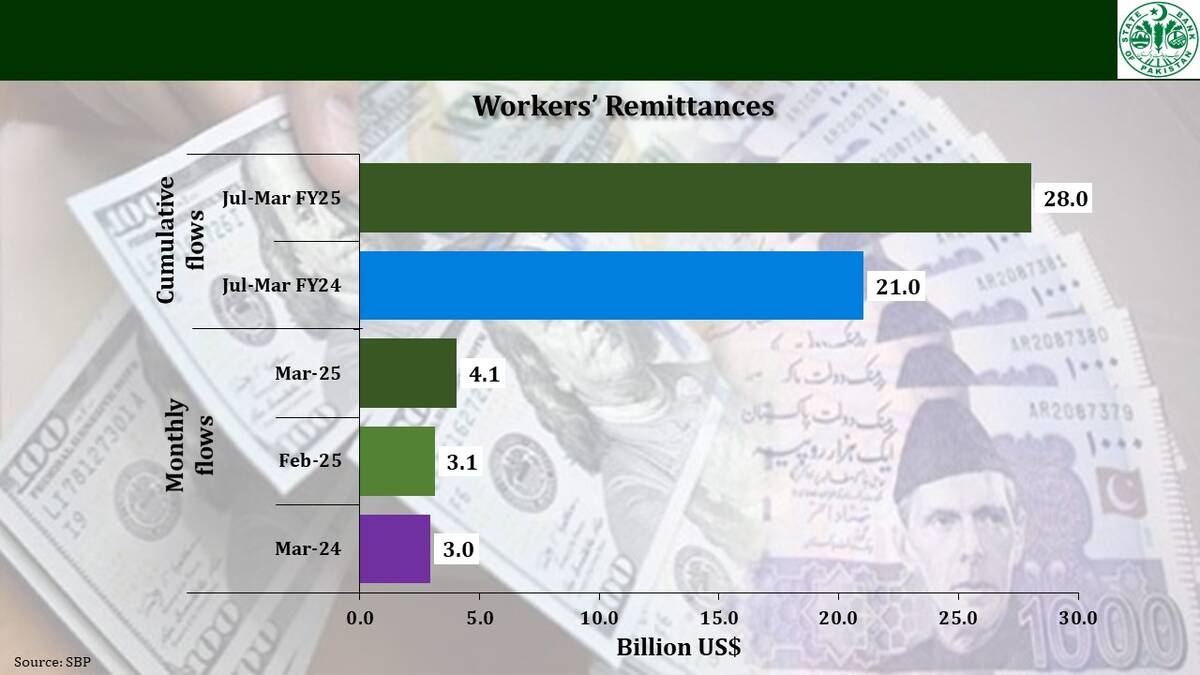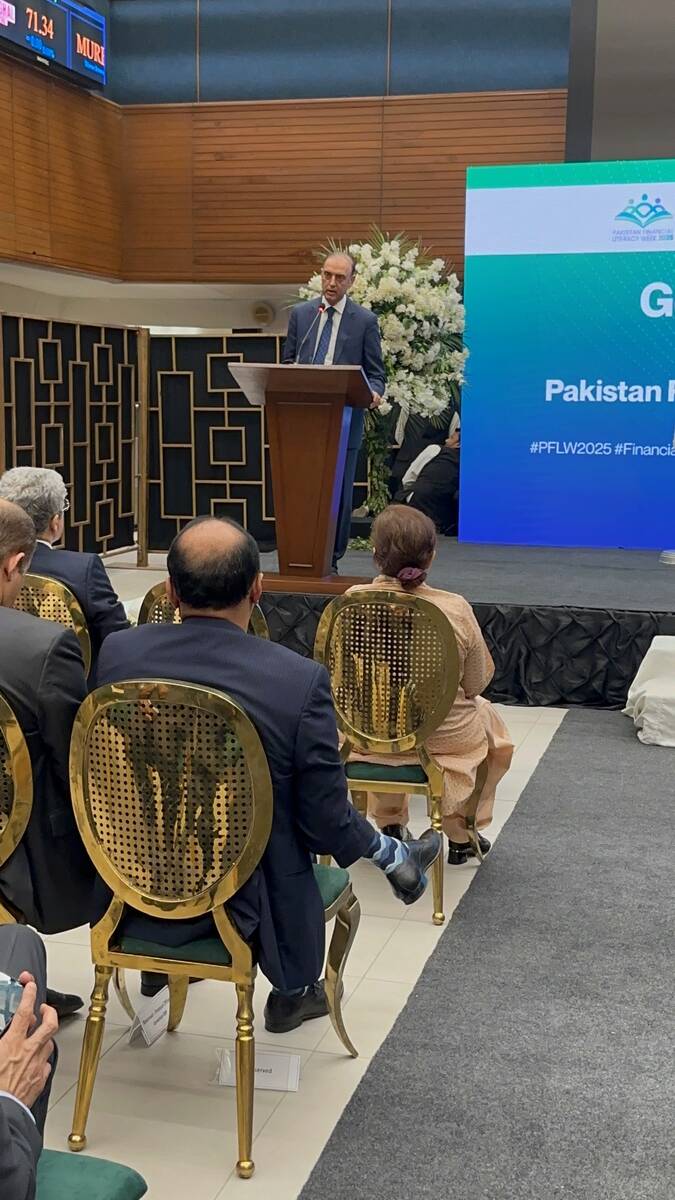ISLAMABAD: Prime Minister Shehbaz Sharif announced on Tuesday that Pakistan is planning to make agriculture a “major driver” of the country’s economic growth, as Islamabad seeks investment worth billions of dollars from Gulf countries to bring about a massive increase in its agricultural output to bring about an economic revival.
Pakistan last week established a Land Information and Management System Center of Excellence ((LIMS-CoE) to enhance modern farming on over 9 million hectares of uncultivated state land, with Saudi Arabia providing an initial investment of $500 million to improve the country’s irrigation system. The center will work in collaboration with Saudi Arabia, the United Arab Emirates, Qatar, Bahrain and China on various agriculture projects to enhance Pakistan’s exports.
Agriculture contributes 23 percent to Pakistan’s GDP and employes 37.4 percent of the labor force but productivity is currently below par, with decreasing cultivation area, a population-production gap, and agricultural imports amounting to $10 billion. The South Asian country, however, is beset with agricultural problems as its cotton production has fallen by 40 percent to around 5 million bales in the last decade while it faces a 4 million metric ton shortfall in wheat production against a total demand of 30.8 million metric tons.
To remedy the situation, the Pakistani government launched the ‘Green Pakistan’ initiative to enhance food security, increase exports and reduce agriculture-related imports. PM Sharif said on Monday the government was eyeing $40 billion in investments from Gulf countries keen to explore Pakistan’s agricultural ventures over the next four to five years. He also said the investments would lead to the creation of four million jobs in the country.
“The second Green Revolution is about making agriculture the major driver of our economic growth, leading to food security that reinforces our national security,” Sharif wrote on Twitter, adding that the government was planning on ensuring a future wherein the country would depart from loans to building a resilient economy.
“The National Seminar on Agriculture & Food Security was not a routine event meant for churning of rhetoric. It represented the beginning of a long overdue national effort for the economic revival of the country owned by all stakeholders,” he added, referring to the seminar on agriculture held on Monday that featured senior government officials, including Pakistan’s army chief.
In June, Pakistan set up a Special Investment Facilitation Council (SIFC) — of which the army chief is also a member and wherein the military has been assigned to play a key role — to attract foreign investment. PM Sharif had said one of the key tasks of the SIFC would be to increase the Foreign Direct Investment for Pakistan to $5 billion.
The government is opting for the agriculture and investment facilitation initiatives at a time when Pakistan desperately needs external financing amid an economic meltdown. Reeling from a macroeconomic crisis, the South Asian country’s reserves have plummeted to historic lows while its national currency has significantly weakened against the greenback, making imports costlier and driving inflation higher in the country.


















